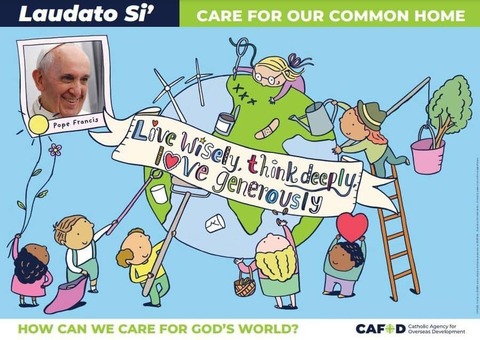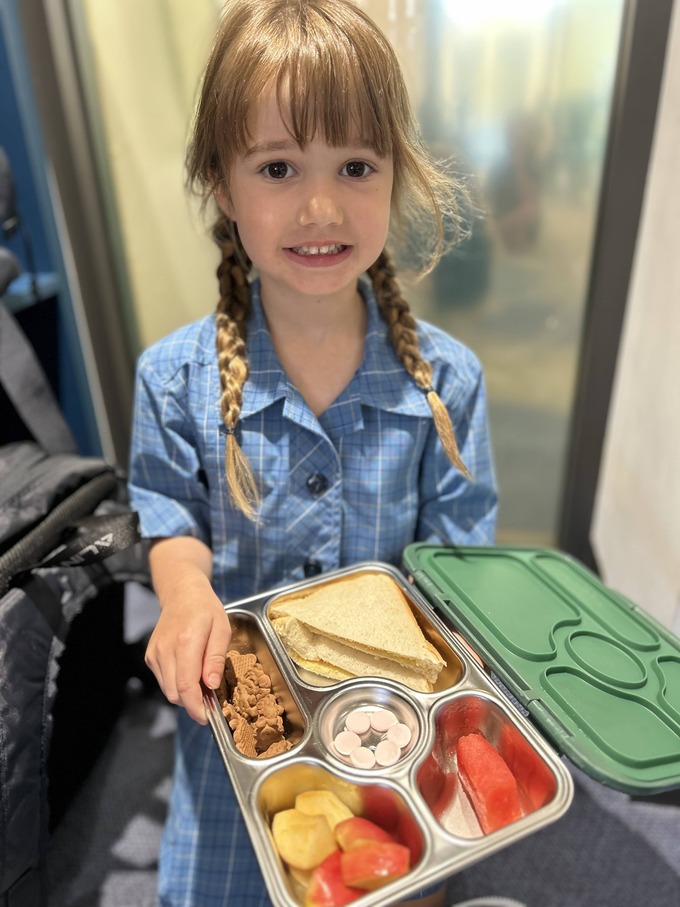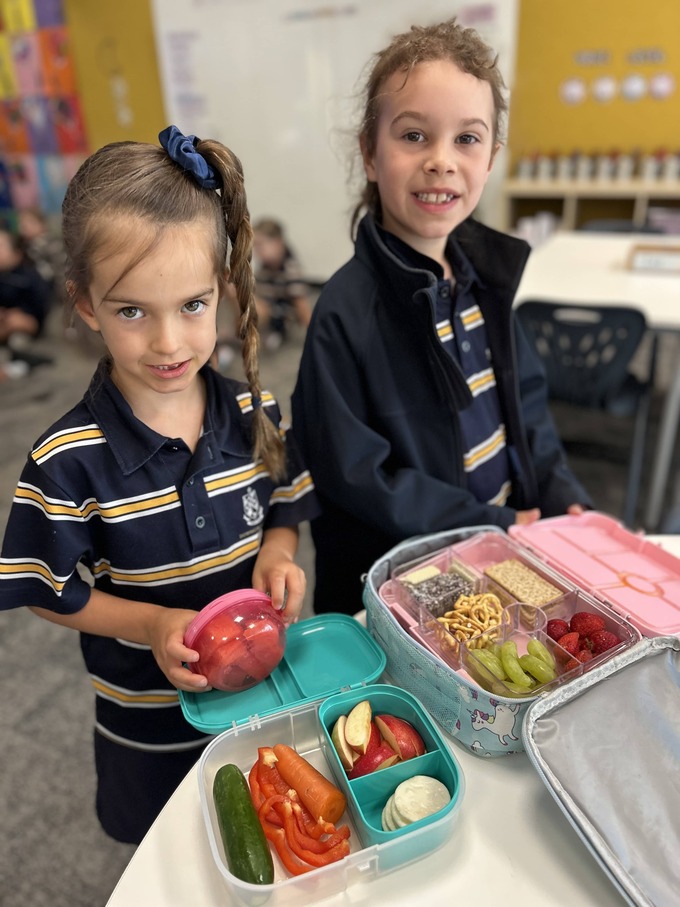Sustainability

Living Laudato Si
Laudato Si' is a letter written by Pope Francis in 2015 that talks about the importance of taking care of the Earth. It highlights how everything in nature is connected and calls for action to address problems like climate change, pollution, and the loss of plants and animals. Pope Francis reminds us that we all have a responsibility to protect the planet, especially for the sake of future generations and the poor, who are most affected by environmental issues. The letter encourages everyone to live more sustainably and work together to care for our world. Here is a short clip explaining Laudato Si to children: Laudato Si animation for children
In Laudato Si’, Pope Francis calls us to undergo an ecological conversion. But what is an ecological conversion? Ecological conversion is the transformation of hearts and minds toward greater love of God, each other, and creation. It is a process of acknowledging our contribution to the social and ecological crisis and acting in ways that nurture communion: healing and renewing our common home.


Sustainability Initiatives at Dominican School
- Curriculum Integration: We incorporate ecology and environmental topics into our teaching and learning curriculum, providing students with a deeper understanding of the importance of sustainability.
- Sustainability Committee: A dedicated team of staff, students, parents, and a Green Adelaide representative work together to guide and review the ongoing progress of the Dominican Sustainability and Environmental Management Plan.
- Nude Food Commitment: We encourage a zero-waste approach to lunchtime by promoting Nude Food every day, reducing packaging and waste.
- Recycling Programs: Recycling bins are placed in classrooms and throughout the school, supporting our commitment to reducing waste. We also have specific programs for recycling pens and markers and collecting 10c bottles.
- Composting Program: Led by our passionate student eco-warriors, our composting plan reduces organic waste and nurtures the environment.
- Wellbeing Garden: Our seasonal garden, filled with herbs, fruits, and vegetables, provides students with hands-on learning experiences about sustainability and healthy living.
- Partnerships with KESAB: We collaborate with KESAB to enhance our environmental efforts and ensure we are doing our part for the planet.
- Semaphore Sand Dunes: Through our involvement with the Semaphore Dunes Group, we contribute to the maintenance and preservation of the local sand dunes, helping protect the natural environment.
- Key Sustainability Events: We celebrate significant environmental dates and participate in sustainability events throughout the year to raise awareness and foster community involvement.
Through these initiatives, Dominican School continues to promote sustainability and environmental stewardship within our community, ensuring a greener future for all.

Nude Foods
What is 'Nude Food'?
Simply put, it’s food without excess packaging. Usually, this means food that is not processed, often making it a healthier and more environmentally friendly option. Or food which is taken out of it's packaging and placed in reusable containers.
At Dominican School we encourage students and staff to embrace the Nude Food initiative as a way to reduce our plastic waste. Every classroom has a composting bin for organic waste as well paper and cardboard recycling bins.
Tips for Nude Food:
- AVOID cling-wrap, zip-lock or plastic bags, foil, single use cutlery or pre-packaged foods.
- Involve children in packing/making their own lunch and snacks – they’re more likely to eat it.
- If mornings are busy, pack food the night before and keep it in the fridge.
- Ask children what they like to eat at school/ preschool and how much time they have to eat (it may be different and much less than at home).
- Try making your own snacks- check out the Nude Food Recipes on the WOW Nude Food page.
- Many snack items can be bought in bulk and decanted into smaller reusable containers. This can reduce packaging and save money.
Examples of Nude Food
Nude Food includes a wide array of options, as long as there is no extra packaging. This could include:
- A sandwich in a reusable container
- A sectioned lunch box with snacks in compartments
- Yoghurt in a reusable container
- Muesli bars and snack in reusable containers and wraps
- Nuts and berries in a reusable container
Information provided from KESAB environmental solutions website


